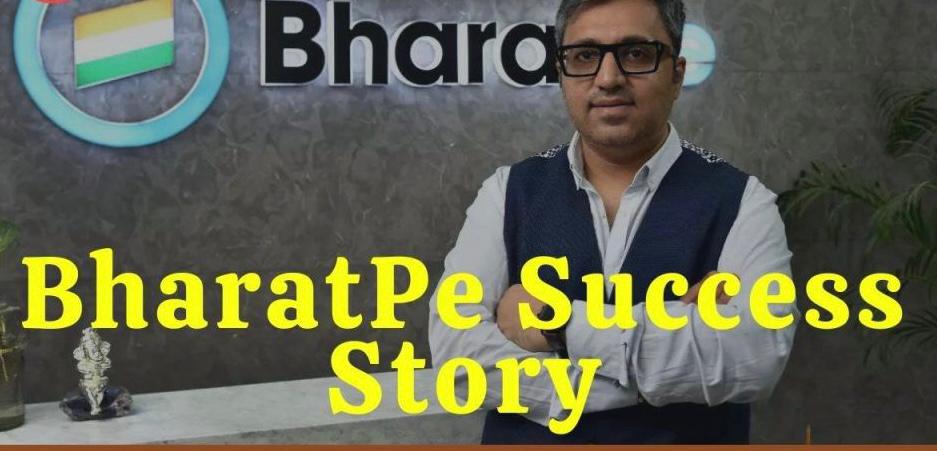Introduction
In the volatile landscape of financial markets plagued with uncertainties of global spillovers and inflation, the role of regulators is crucial in maintaining stability and investor confidence. Recently, the Securities and Exchange Board of India (SEBI) has found itself at the center of a controversy following a report by Hindenburg Research, a US-based investor-activist firm. This case study examines the allegations made by Hindenburg, SEBI’s response, and the broader implications for the market and investor sentiment.
Background on Hindenburg Research
Founded in 2017, Hindenburg Research specializes in using financial forensic tools to identify potential accounting irregularities and corporate governance issues in high-profile companies. The firm has previously targeted companies such as Nikola, Clover Health, Block Inc., Kandi, and Lordstown Motors. Hindenburg typically focuses on exposing alleged wrongdoing by taking short positions in the securities of the companies it investigates, thereby profiting if the stock prices fall following their reports.
In a high-profile case earlier this year, Hindenburg accused the Adani Group, one of India’s largest conglomerates, of stock manipulation and other malpractices. The report triggered a significant decline in the stock prices of Adani Group companies, although the group later recovered much of its losses. Despite the market’s recovery, the controversy surrounding the Adani Group raised concerns about the robustness of regulatory oversight in India.
Hindenburg’s Allegations Against SEBI
Hindenburg’s latest report has expanded its focus from the Adani Group to SEBI itself. The firm has alleged a conflict of interest involving SEBI Chairperson Madhabi Puri Buch and her husband, citing their investments in entities linked to the Adani Group. Hindenburg claims that these undisclosed investments were made through offshore funds that were allegedly involved in the Adani Group’s stock manipulation activities.
In addition to these allegations, Hindenburg has criticized SEBI’s handling of the Adani Group investigations, suggesting that the regulator has been lenient towards the conglomerate. The report also questions SEBI’s recent amendments to the SEBI (Real Estate Investment Trusts – REIT) Regulations 2014, implying that these changes were made to benefit certain entities, particularly Blackstone, a major global investment firm.
On Monday, August 12, 2024, the stock market witnessed a sharp decline in all ten Adani Group stocks following fresh allegations by U.S. short-seller Hindenburg Research. The firm claimed that SEBI Chairperson Madhabi Puri Buch and her husband held undisclosed investments in offshore funds based in Bermuda and Mauritius. These entities are alleged to have been used by Vinod Adani, a key figure within the Adani Group, to round-trip funds and artificially inflate stock prices.
In response to these serious allegations, Adani Energy Solutions experienced a significant drop of 17%, while Adani Total Gas fell by 13.39%. Other major stocks in the group also suffered, with NDTV plunging 11%, Adani Power declining by 10.94%, and Adani Green Energy losing 6.96%. The ripple effect extended to Adani Wilmar, which slumped 6.49%, Adani Enterprises, which tumbled 5.43%, and Adani Ports, which dived 4.95%. Even Ambuja Cements and ACC were not spared, declining by 2.53% and 2.42%, respectively.
This case study highlights the immediate and severe impact that allegations of financial misconduct and regulatory conflicts of interest can have on market sentiment, especially when they involve high-profile entities like the Adani Group. The sharp downturn across all ten Adani stocks underscores the market’s sensitivity to reputational risks and the potential for cascading effects in response to negative news.
SEBI’s Response
In response to Hindenburg’s allegations, SEBI has taken several steps to reassure investors and maintain market stability. The regulator has strongly refuted the claims, emphasizing its independence and commitment to transparency. SEBI has clarified that all necessary disclosures have been made, and Chairperson Madhabi Puri Buch has recused herself from any matters where there could be a potential conflict of interest.
SEBI has also highlighted its ongoing investigations into the Adani Group, noting that 23 out of 24 probes have been completed. This demonstrates the regulator’s commitment to conducting thorough and unbiased investigations, despite the challenges posed by the high-profile nature of the case.
On August 11, SEBI issued a public statement urging investors to remain calm and exercise due diligence in light of the Hindenburg report. The regulator reminded investors of the disclaimer in Hindenburg’s report, which states that the firm may have short positions in the securities it covers. This disclaimer is critical, as it underscores Hindenburg’s financial interest in the decline of the stock prices of the companies it investigates.
The Broader Implications
Despite SEBI’s efforts to reassure the market, the controversy has raised broader concerns about the regulatory environment in India and its impact on investor confidence. The allegations against SEBI come at a time when the market regulator had already issued a show-cause notice to Hindenburg for violating Indian market regulations. On June 26, SEBI had accused Hindenburg and its founder, Nathan Anderson, of making misleading disclosures to profit from short-selling. The regulator also noted that the Hindenburg report contained misrepresentations and inaccurate statements and that the firm provided research on Adani Group companies without registering under the Research Analysts (RA) Regulations.
Hindenburg’s timing has led to speculation about its motives. The Buch family has dismissed the allegations as “baseless” and asserted that their finances are “an open book.” The Adani Group has denied any connection to the alleged offshore funds and has questioned Hindenburg’s credibility.
Conclusion
The SEBI-Hindenburg controversy highlights the delicate balance between regulatory oversight and market stability. SEBI has taken decisive steps to address the allegations, but the case underscores the challenges regulators face in a global market. The controversy also raises questions about the role of activist investors like Hindenburg. As the situation evolves, SEBI must maintain transparency and uphold its commitment to thorough investigations. The outcome will have significant implications for the credibility of India’s regulatory framework.











